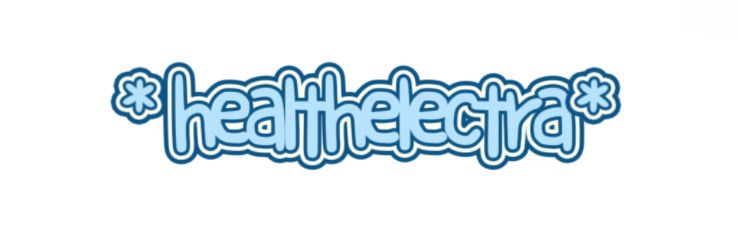Understanding Blackboard's Impact on Education
In the realm of education, the integration of technology has revolutionized how students and educators engage with one another. Among the numerous tools available, Blackboard stands out as a comprehensive learning management system (LMS) that enhances the educational experience. By offering a myriad of features tailored for both teachers and learners, Blackboard cultivates a dynamic environment conducive to both teaching and learning.
1. Streamlined Communication
One of the outstanding benefits of Blackboard is its powerful communication features. Educators can effortlessly relay essential announcements, share updates, and encourage interactive discussions via built-in forums and messaging tools. This functionality keeps all participants connected and well-informed, promoting a collaborative atmosphere. Students benefit by being able to engage with their peers and instructors easily, posing questions, and seeking clarifications, thus alleviating the isolation that can often accompany online learning.
2. Easy Access to Resources
Blackboard significantly enriches the educational experience by offering seamless access to various course materials. Instructors can conveniently upload lecture notes, reading assignments, videos, and other educational resources directly to the platform. This accessibility not only streamlines the learning process but also enables students to engage with materials at their own convenience. The ability to retrieve essential learning resources anytime enhances organization and time management skills, both crucial for academic success.
3. Interactive Learning Tools
With Blackboard, learning is not confined to traditional pedagogical approaches; it embraces a more interactive and engaging style. Features like quizzes, polls, and assignment submissions contribute to a more fun and interesting learning experience. Educators can incorporate multimedia content, creating a rich environment where students can absorb and process information through various formats. This variety caters to diverse learning styles, ensuring every student has the opportunity to excel.
4. Personalized Learning Experience
Blackboard’s adaptive learning features allow for a tailored educational experience. Teachers can modify the content to address the individual needs of students, presenting suitable challenges that promote skill advancement. This personalized approach significantly enhances student engagement and satisfaction, as learners perceive that their unique needs are being recognized and addressed.
5. Streamlined Assessment and Feedback
Evaluations are critical for assessing student comprehension and progression. Blackboard simplifies this with tools that facilitate assignment creation, automate grading, and offer prompt feedback. Educators can efficiently monitor student performance and provide constructive insights to foster academic growth. The continuous feedback mechanism allows students to learn from their errors, thereby significantly enriching their educational experience.
6. Enhanced Collaboration and Group Work
Collaboration plays a pivotal role in contemporary education, and Blackboard supports this through features designed for group projects. Students can form groups, access shared discussion spaces, and collaboratively manage tasks. Participating in group work helps students develop vital soft skills such as teamwork and communication, equipping them for success in their future professional environments.
7. Comprehensive Analytics
Instructors can leverage Blackboard’s analytics capabilities to gather insights into student performance and engagement levels. By analyzing participation data and assessment results, educators can identify patterns and areas that might require additional focus. This data-driven approach enhances continuous improvement in teaching strategies and curriculum development.
Conclusion
Ultimately, Blackboard transcends the role of a mere learning management system; it functions as a powerful asset in enhancing the educational experience. With a comprehensive set of tools for communication, resource management, interactive learning, personalized education, assessments, collaboration, and analytics, Blackboard empowers both educators and students to achieve their full potential. As the landscape of education continues to evolve, Blackboard remains a frontrunner in transforming traditional classrooms into vibrant, interactive learning environments.

